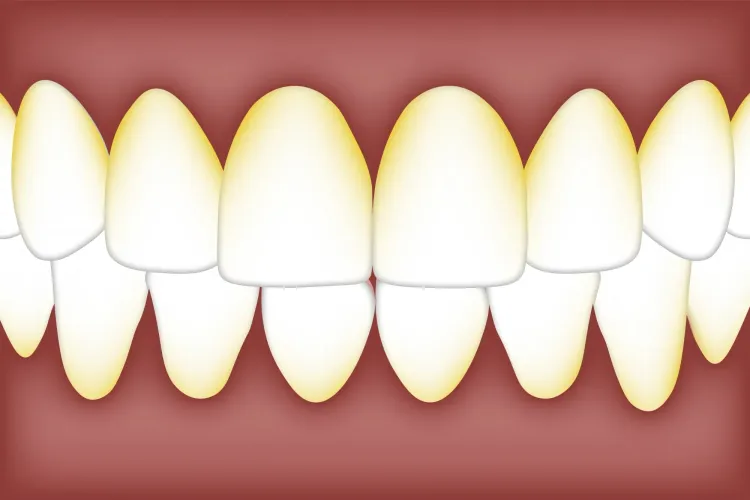Assessing Oral Bacteria Levels to Identify Early Alzheimer’s Risk: Research Findings

Synopsis
Key Takeaways
- Oral bacteria can indicate Alzheimer’s risk.
- Beneficial bacteria enhance memory.
- Harmful bacteria linked to cognitive decline.
- Routine testing during dental checkups advised.
- Diet and oral hygiene may prevent dementia.
New Delhi, Feb 5 (NationPress) In light of a rising trend in Alzheimer’s disease cases worldwide, a recent study has revealed that the bacteria residing in the mouth and on the tongue can serve as indicators for poor brain function and the risk of neurodegenerative diseases.
While some oral bacteria are associated with enhanced memory and concentration, others have been linked to a greater risk of developing Alzheimer’s disease, according to researchers from the University of Exeter in the UK.
The study indicated that harmful bacteria could potentially enter the bloodstream, leading to brain damage. Additionally, these bacteria may create an imbalance between beneficial and harmful microbes.
This imbalance can hinder the conversion of nitrate—plentiful in vegetable-rich diets—into nitric oxide, a vital compound for brain communication and memory retention.
“Our research indicates that certain bacteria could be harmful to brain health as individuals age,” stated lead author Dr. Joanna L’Heureux from the University of Exeter Medical School. Dr. L’Heureux advocated for routine testing during dental exams to assess bacterial levels and identify early indicators of declining cognitive health.
Published in the journal PNAS Nexus, the study involved 110 participants aged over 50 from an online brain health tracking study. The research team analyzed mouth rinse samples to evaluate the bacterial populations present.
The findings revealed that individuals with higher counts of the bacterial groups Neisseria and Haemophilus exhibited improved memory, attention, and complex task performance. These individuals also showed elevated nitrite levels in their mouths.
Conversely, increased levels of the Porphyromonas bacteria were prevalent among those experiencing memory issues.
Additionally, the Prevotella group was associated with lower nitrite levels, which researchers suggest may correlate with diminished brain health and was more commonly found in individuals carrying the Alzheimer’s risk gene, APOE4.
Professor Anne Corbett from the University of Exeter Medical School mentioned that these findings could pave the way for interventions such as “dietary modifications, probiotics, enhanced oral hygiene practices, or even targeted therapies” aimed at preventing dementia.










